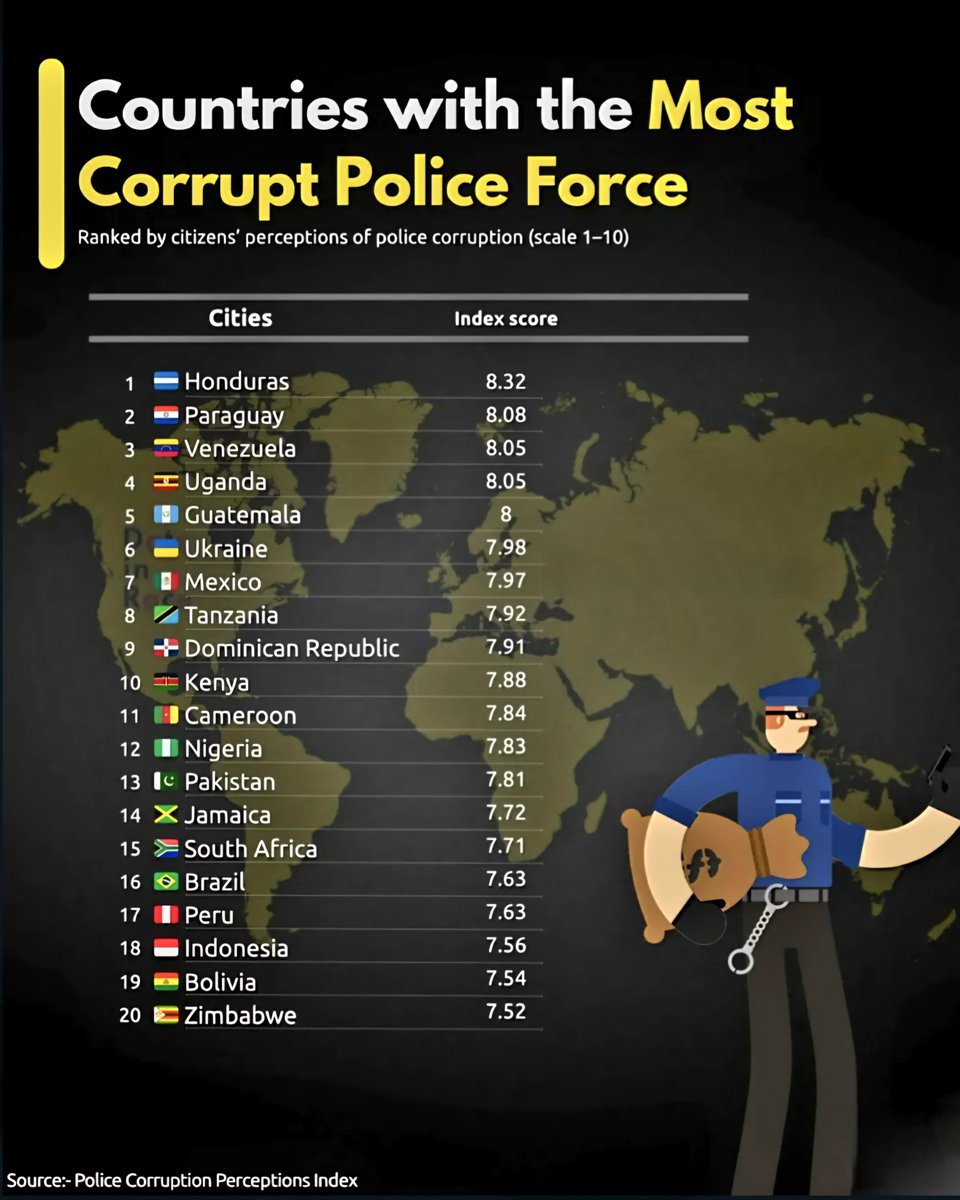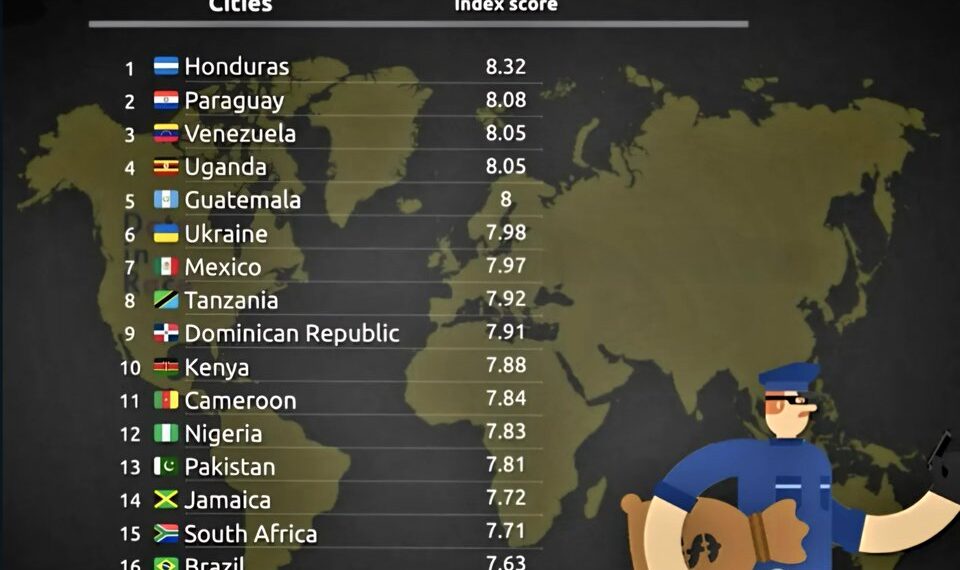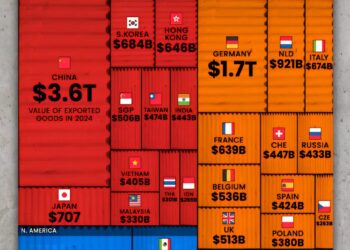Select Language:
South Africa: A Deeply Troubled Law Enforcement System
South Africa’s police force faces ongoing allegations of corruption, widespread abuse of power, and inefficiency. Multiple investigations reveal that a significant portion of officers may be involved in illegal activities, including extortion, bribery, and the protection of criminal enterprises. The community’s faith in law enforcement continues to decline, leading to increased calls for reform and accountability. Despite efforts to implement anti-corruption measures, systemic issues remain, making South Africa one of the most problematic countries in terms of police integrity.
Mexico: A Longstanding Culture of Police Corruption
Mexico’s police agencies are notorious for corruption that spans decades. In many regions, officers are accused of collaborating with drug cartels, participating in kidnappings, and accepting bribes to ignore illegal activities. Citizens often avoid reporting crimes due to fears of retaliation or being dismissed as complicit. International agencies have stepped in to assist with policing reforms, but entrenched corruption and violence make wholesale change difficult. The situation remains dire in several states, where police corruption is a significant obstacle to justice and peace.
Nigeria: A Struggle with Corruption and Inefficiency
In Nigeria, police misconduct and corruption are endemic. Reports indicate high levels of sabotage, bribery, and abuse within law enforcement agencies. Often, officers prioritize personal gains over public service, undermining efforts to combat crime and uphold justice. Corruption also hampers ongoing efforts to modernize police forces and improve community relations. Despite reforms promised by government officials, the situation persists, fostering mistrust between police and citizens.
Afghanistan: Imperfect Law Enforcement Under Political Turmoil
Afghanistan’s police force, often viewed as under-resourced and politically influenced, faces persistent corruption issues. Officers are frequently accused of corruption, abuse, and collaborating with insurgent groups for personal gain. The ongoing conflict and shifting government control exacerbate these problems, creating an environment where law enforcement cannot be entirely trusted. Rebuilding the police force’s integrity remains a major challenge in establishing lasting peace and stability.
India: Corruption Widespread Across Multiple States
India’s police force is often criticized for widespread corruption, including bribery and abuse of power. In many states, officers are accused of extorting money from citizens, manipulating investigations, and sometimes colluding with criminal syndicates. The challenge of corruption hampers effective law enforcement and fosters public distrust. Several initiatives aim to combat these issues, but deep-rooted cultural and institutional problems continue to undermine efforts for reform.
Venezuela: A Crisis-Stricken Police System
Venezuela’s police institutions operate amid a severe economic and political crisis. Allegations of widespread corruption, extrajudicial killings, and abuse of detainees are prevalent. Many officers are accused of participating in criminal activities and acting as political agents. Citizens often feel unsafe due to law enforcement’s unpredictable behavior and corruption, complicating efforts to establish rule of law and social order.
Pakistan: Persistent Issues with Police Corruption
Pakistan’s police force faces long-standing issues with corruption, including accepting bribes for preferential treatment and failing to investigate crimes thoroughly. Law enforcement agencies struggle with underfunding, political interference, and lack of manpower, which contribute to their vulnerabilities. Such systemic flaws discourage citizens from seeking justice and weaken the rule of law across the country.
Russia: Endemic Corruption within the Police
Corruption remains deeply embedded within Russia’s police system. Officers are frequently accused of accepting bribes, falsifying evidence, and abusing authority. High-profile cases have brought attention to these issues, but reforms have been slow and often superficial. Public perception of police corruption remains high, affecting the legitimacy of law enforcement agencies.
The Philippines: A Struggle Against Police Corruption and Excess
The Philippine National Police (PNP) has been marred by allegations of corruption, illegal activities, and police brutality. Several units have been involved in illegal firearms and drug trade activities, or involved in extrajudicial killings. Efforts to reform the police force face stiff resistance, as entrenched interests and political pressures influence law enforcement practices.
Brazil: A Challenging Fight Against Police Violence and Corruption
Brazil’s police force contends with both corruption and violence. Many officers are linked to gangs and involved in illicit activities, while others are accused of excessive use of force and extrajudicial killings. Corruption scandals have rocked the police, impairing their ability to effectively tackle crime and maintain public trust.
United States: Encountering Partisan and Corrupt Elements
While the US generally maintains a strong legal framework, instances of police corruption, misconduct, and abuse have garnered significant attention. Multiple investigations have revealed officers involved in blind favoritism, racial profiling, and covering up misconduct. Reforms are ongoing, but transparency and accountability issues continue to challenge law enforcement agencies.

Summary
Across the globe, police corruption remains a pervasive issue that undermines justice, fuels public mistrust, and hampers efforts to maintain order. Countries like South Africa, Mexico, Nigeria, and others face complex challenges rooted in systemic issues, political influence, and lack of resources. Addressing these problems requires comprehensive reforms, increased accountability, and a commitment to transparency to rebuild trust and ensure law enforcement agencies serve the people effectively.






